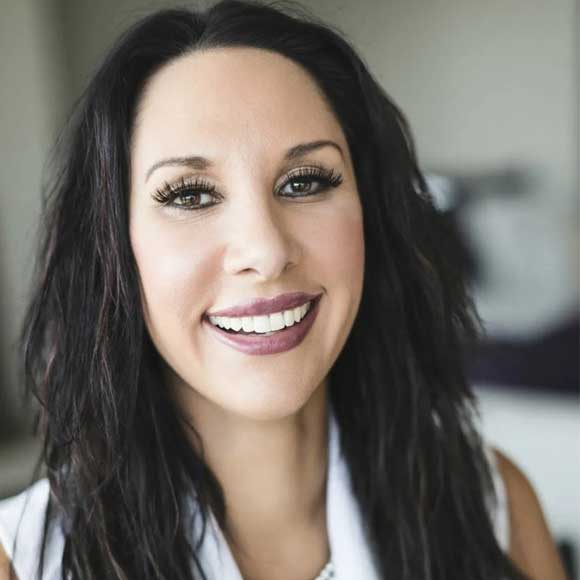It’s easy to use the terms “protein shake” and “diet shake” interchangeably, but the truth is, these products are different. Protein shakes are used primarily for muscle building before or after a workout. Diet shakes are used as a meal or snack replacement as part of a Very Low Calorie Diet (VLCD) or a Low Calorie Diet (LCD) for weight loss. Often our patients will buy a protein shake powder at their local health food store, drink one or two shakes a day and wonder why they’ve suddenly started gaining, instead of losing weight. Let’s examine why protein shakes aren’t always a good option for weight loss.
Different Kinds of Proteins in Protein Shakes
Protein shakes use many different sources of proteins, but the two most common are whey protein and casein protein. Whey protein is generally derived from the by-product of cheese production, while casein protein comes from cow’s milk.
Body builders tend to favor whey protein, as it is a rapid acting energy source that helps them to pack on muscle, or bulk up. If you consume these shakes with no changes to your diet and cannot exercise for hours a day, you will definitely gain weight by drinking them.
Casein is a long acting protein. It stimulates the metabolism for up to six hours instead of rapidly releasing energy and does help you feel full longer. This is a better option if your goal is weight loss. If you are lactose intolerant or vegan, look for plant based proteins like hemp, chia or pea isolate.
Protein Shakes and Exercise
How much or what type of protein shake you consume depends on how much exercise you get on very consistent, regular basis. If you are a mostly sedentary person and don’t exercise regularly, there is no conclusive evidence that increasing your protein intake primarily for weight loss purposes is effective. Some studies show that excess protein in your diet with no changes in lifestyle in terms of exercise and diet can cause you to gain weight, as that protein gets stored as fat.
Protein Shakes and Changes in Diet
Recent preliminary studies show that high protein diets help build muscle and burn fat faster, and in fact the recommended daily allowance (RDA) for protein may be too low. Americans should eat more protein. That doesn’t mean you should eat more animal protein, like red meat and eggs. You can get protein from plant sources as well, with nuts, legumes and seeds.
If you consume more protein while continuing to eat an excess of carbohydrates, you won’t lose weight. The key is increasing your protein intake while decreasing your carbohydrate intake.
Excess protein can dehydrate your body and stress your kidneys. Dr Botros can discuss with you how to calculate how many grams of protein you should consume per day, based on your current body weight and your weight loss goals.
Protein Shakes and Meal Replacement
Often our patients will attempt to replace a meal with a protein shake. If the protein shake contains whey protein, you can end up being hungry again within a few hours. Casein protein does help you feel satisfied longer, but the best thing for making you feel full is fiber. Many protein shakes don’t contain fiber, as fiber can also cause bloating and water retention if you don’t consume enough water or are sweating excessively.
Consuming more protein is better for you, if you balance that with fewer carbohydrates. Any time you want to lose weight or change your diet you should consult with a nutrition specialist, preferably a physician specifically trained in weight loss management.
Knowing how much protein you should consume based on your diet and activity level, or in accordance with your weight loss goals is complicated and best left to the professionals. If you take matters into your own hands you might end up gaining weight from drinking the wrong kind of protein shakes or you could damage your kidneys or other vital organs from consuming too much protein and not enough fat.
It all comes down to a lifestyle change and having the support you need with a weight loss team ! Dr Botros offers a complimentary consultation and will development a custom weight loss plan based on a thorough analysis of your body type and health concerns.










